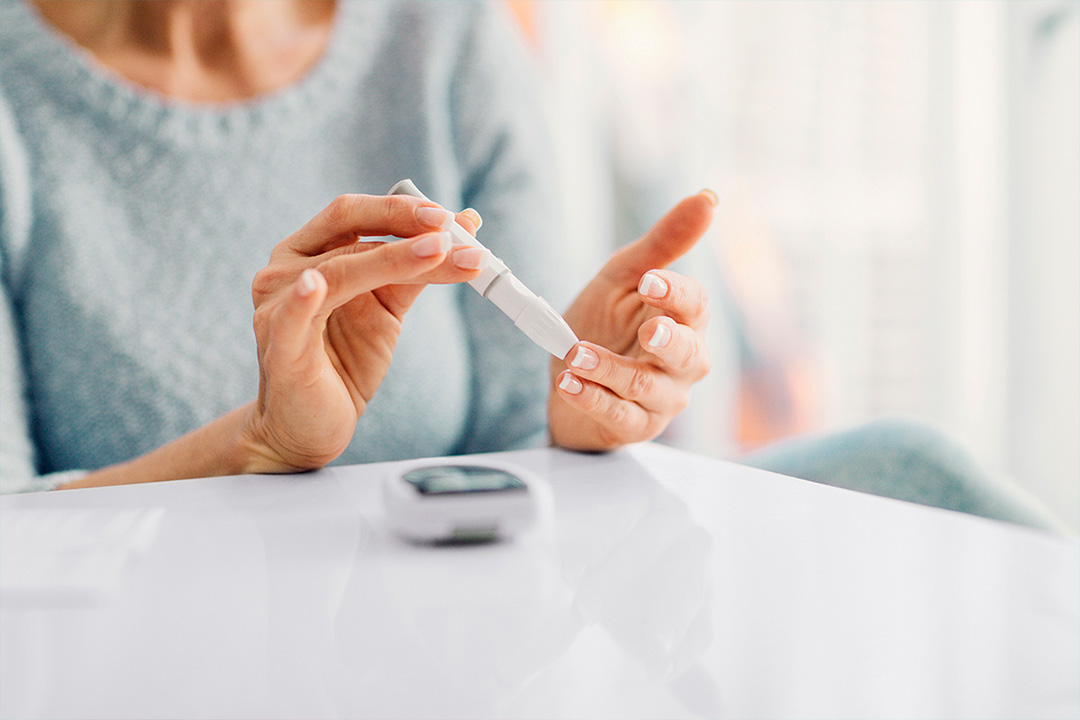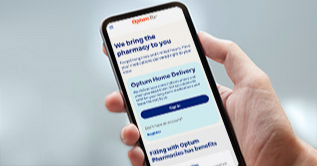Common lab tests we offer
Our team includes skilled phlebotomists and medical technologists who make sure your experience is safe and comfortable. We perform a variety of tests, from basic metabolic panels to drug testing and thyroid panels.
We perform tests like:
- Blood glucose
- Cholesterol
- Complete blood count
- Comprehensive metabolic panel
- Drug testing
- Thyroid function
- Urinalysis
Lab services FAQ
Blood tests can show if you're at acceptable normal levels for:
- A1C, hemoglobin a1c
- Creatinine
- Fasting
- Hemoglobin
- HDL cholesterol
- LDL cholesterol
We also screen for conditions such as:
- Allergies
- Anemia
- Autoimmune disorders like lupus or rheumatoid arthritis
- Bacterial infections
- Cancer
- Coronary artery disease
- High cholesterol levels
- Hormonal imbalances
- Immune system disorders
- Kidney disease
- Liver disease
- Metabolic disorders such as diabetes or kidney disease
- Nutrition deficiencies
- STIs (sexually transmitted infections)
- Thyroid disorders like hyperthyroidism or hypothyroidism
- UTIs (urinary tract infections)
- Viral infections
Most people get blood work done once a year during their annual checkup. Your doctor may suggest more frequent tests if you have certain health conditions or are taking specific medications.
Check with your doctor and care team to find out if this is an option in your location.
Always follow your doctor’s instructions. If you're unsure whether a medication or supplement could affect your test, ask your provider ahead of time. They may advise you to:
- Continue as usual
- Adjust timing
- Temporarily stop certain items
You should stop taking vitamins 24 to 48 hours before your blood test. Always check with your doctor for specific instructions.
It’s best to avoid intense exercise 24 hours before your blood test. Exercise can affect your results, so it’s safer to wait.
If your test requires fasting, you should avoid coffee and other drinks except water. Check your test instructions or ask your doctor if you’re not sure.
Blood work usually takes about 10 to 15 minutes. The time can vary depending on the number of tests and how busy the lab is.
Lab test results usually take 2 to 14 days. Some tests may be faster, and others can take longer. Check with your doctor to find out when you can expect your results.
Helpful resources

Article
What is a normal blood sugar level, and why does it matter?
Your blood sugar levels should fall within a certain range. Checking regularly helps your doctor decide if you need to lower your risk of diabetes.

Article
6 things you should expect after you have a test
Getting results for important medical tests can sometimes feel like a waiting game. Try these strategies to get your information faster.

Article
The 6 medical tests you can do at home
You can screen yourself for several common conditions from the comfort of your own home. Here’s how.
Optum arranges for or provides medical and other clinical services in accordance with laws in each state it operates. Physicians or providers referenced on this website are to those who are either part of independent practices or to those medical practices managed by or owned, where permitted, by Optum. In all circumstances, physicians and other licensed professionals have complete authority for all medical decision-making and patient care. Optum does not determine or set the methods, standards, or conduct of the practice of medicine or health care provided by any of the practices or their physicians or other licensed professionals.




